Government responds to invasive species study by Link
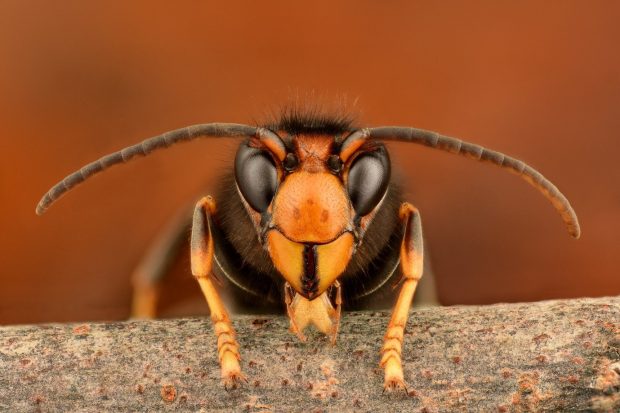
Invasive non-native species not only challenge the survival of some of our rarest species but damage our natural ecosystems as well as costing the economy more than £1.7 billion per year.

Invasive non-native species not only challenge the survival of some of our rarest species but damage our natural ecosystems as well as costing the economy more than £1.7 billion per year.
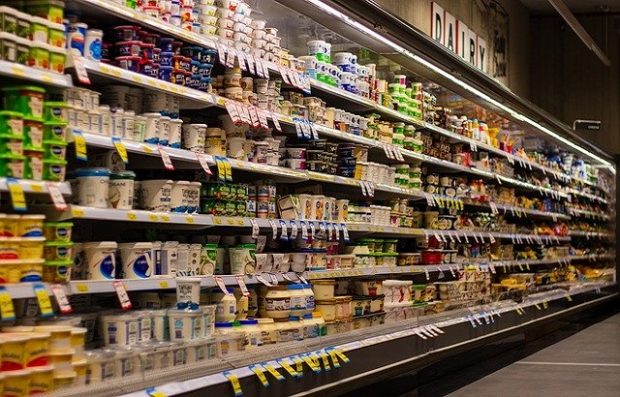
In today’s blog, we look at recent coverage on food supply.
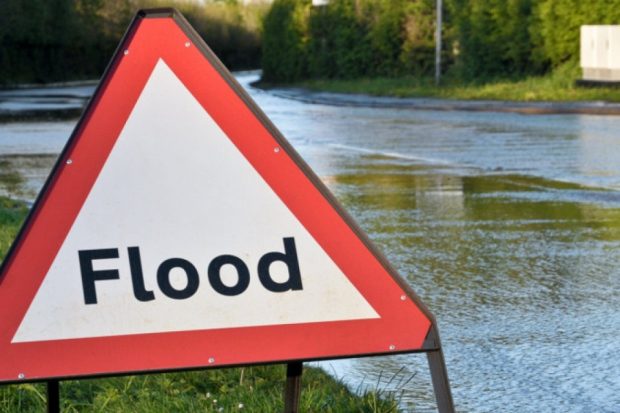
On today's blog we look into our announcement that the government is extending the Property Flood Resilience (PFR) scheme
A look into the Government's progress to phase out blanket bog burning
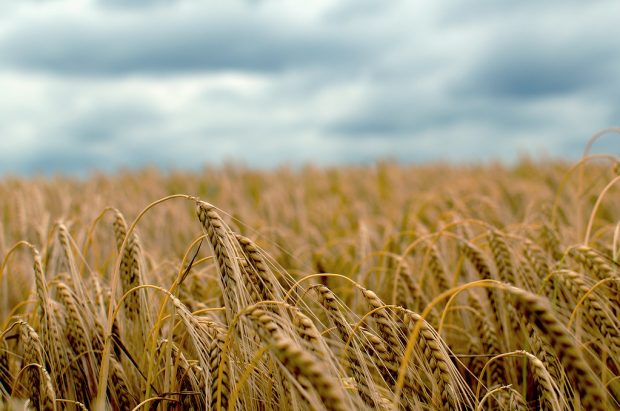
On today's blog we look into our announced ban on the use of metaldehyde, a pesticide commonly used to control slugs.
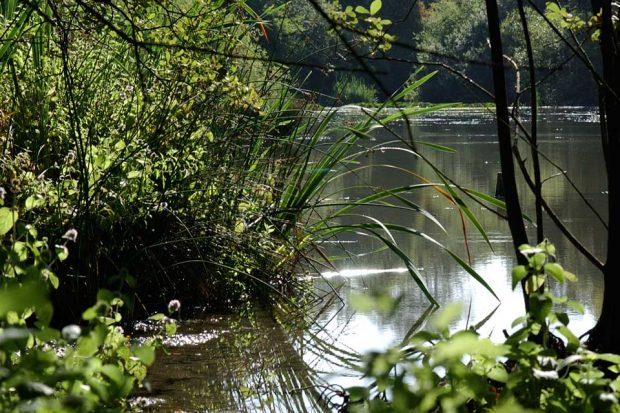
The EA chair has responded to criticism in the paper over the weekend about the EA’s role in protecting our waters.
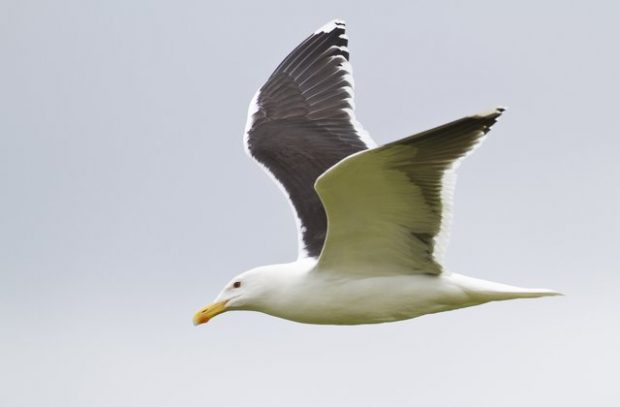
There is nothing to substantiate the authors view that the growth in gull numbers in the location he reports is representative of across the country.

Beekeepers and members of the public have been asked to remain vigilant after the National Bee Unit confirmed the sighting. Monitoring is underway to detect any other Asian hornets in the vicinity.
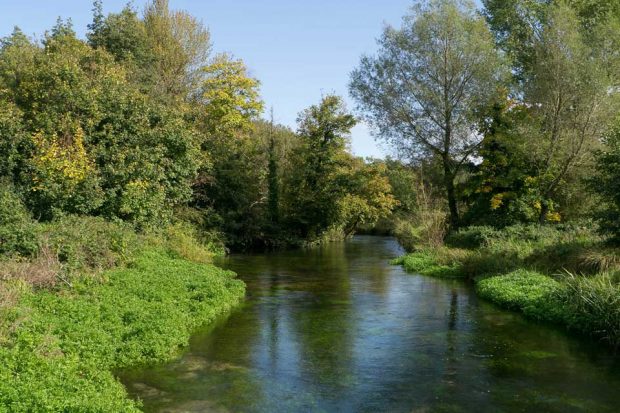
We’re challenging the sector to improve to protect the environment, improve leakage levels and safeguard our water supplies.
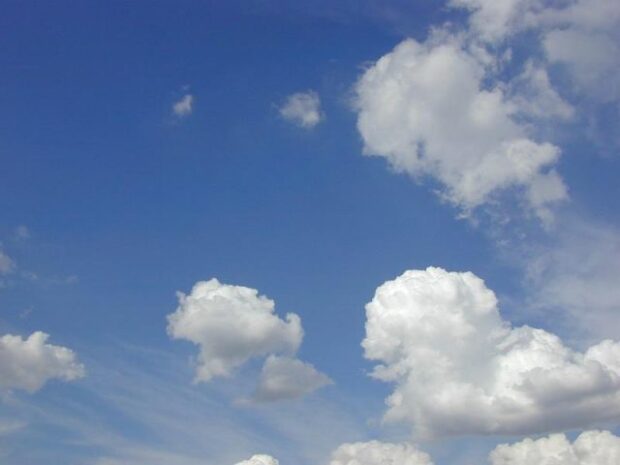
A report from the Clean Air Fund and Confederation of British Industry claims the UK economy would benefit by £1.6 billion annually by meeting World Health Organization guidelines for air pollution.